Search the Special Collections and Archives Portal
Search Results
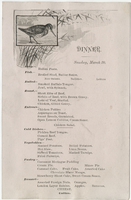
Burnett House, dinner menu, Sunday, March 30th, year unknown
Date
1870 to 1933
Archival Collection
Description
Restaurant: Burnett House (Toledo, Ohio) Location: Corner of Summit and Perry, Toledo, Ohio, United States
Text
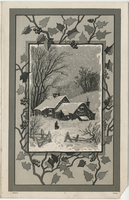
Dunlap house dinner menu, Sunday, June 3, 1883
Date
1883-06-03
Archival Collection
Description
Note: Handwritten note and signature from Jno. A Vickery, hotel clerk, on page 2 Restaurant: Dunlap House Location: West State Street, Jacksonville, Illinois, United States
Text
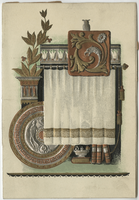
Windsor Hotel, menu, Sunday, August 26, 1883
Date
1883-08-26
Archival Collection
Description
Note: Deeply embossed images on the back cover are moderately damaged from having been pasted into a scrapbook. Greek inscription around portrait on back cover: ΟΙΑΙΠΟΣ ΤUΡΑΝΟΣ Restaurant: Windsor Hotel (St. Paul, Minn.) Location: St. Paul, Minnesota, United States
Text
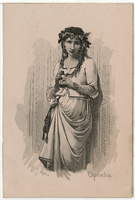
Sweet's Hotel, five o'clock dinner menu, Sunday, December 21, 1884
Date
1884-12-21
Archival Collection
Description
Note: Illustration on cover of young woman in costume as Ophelia (from "Hamlet.") Restaurant: Sweet's Hotel Location: Grand Rapids, Michigan, United States
Text
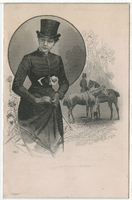
The Orleans dinner menu
Date
1870 to 1933
Archival Collection
Description
Note: No date on menu. Time on menu, 6 to 8 p.m Menu insert: Music Programs Restaurant: The Orleans Location: Spirit Lake, Iowa, United States
Text
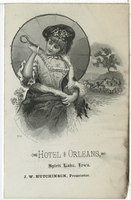
Hotel Orleans, dinner menu
Date
1870 to 1933
Archival Collection
Description
Note: Time on menu, 6 to 8 p.m Menu insert: Music Programs Restaurant: Hotel Orleans Location: Spirit Lake, Iowa, United States
Text
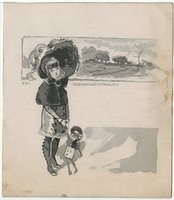
Exchange Hotel, menu, Sunday, December 28, 1884
Date
1884-12-28
Archival Collection
Description
Note: Illustration on front cover engraved and copyrighted 1882 by John A. Lowell & Co., Boston, U.S.A Restaurant: Exchange Hotel (Frankenmuth, Mich.) Location: Montgomery, Alabama, United States
Text
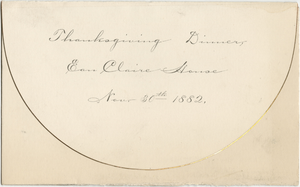
Thanksgiving dinner menu, November 30, 1882, Eau Claire House
Date
1882-11-30
Archival Collection
Description
Note: Menu tri-folds into it's own envelope. The rounded edge of the flap is trimmed in gold paint. There is decorative scrollwork around "Thanksgiving Dinner" on the inside flap Restaurant: Eau Claire House Location: Eau Claire, Wisconsin, United States
Text
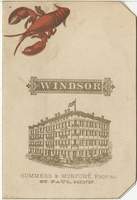
Windsor Hotel, dinner menu, Sunday, June 24, 1883
Date
1883-06-24
Archival Collection
Description
Note: Mellgren Eng. appears at the bottom of the lobster illustration Restaurant: Windsor Hotel (St. Paul, Minn.) Location: St. Paul, Minnesota, United States
Text
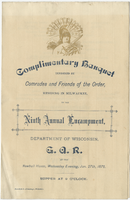
Menu for a complimentary banquet for the Ninth Annual Encampment of the Grand Army of the Republic, Department of Wisconsin, Wednesday, January 27, 1875 at the Newhall House
Date
1875-01-27
Archival Collection
Description
Note: The paper the menu is printed on has a herringbone texture. Menu states, Supper at 9 o'clock Menu insert: Wine lists Restaurant: Newhall House Location: Milwaukee, Wisconsin, United States
Text
Pagination
Refine my results
Content Type
Creator or Contributor
Subject
Archival Collection
Digital Project
Resource Type
Year
Material Type
Place
Language
Records Classification
